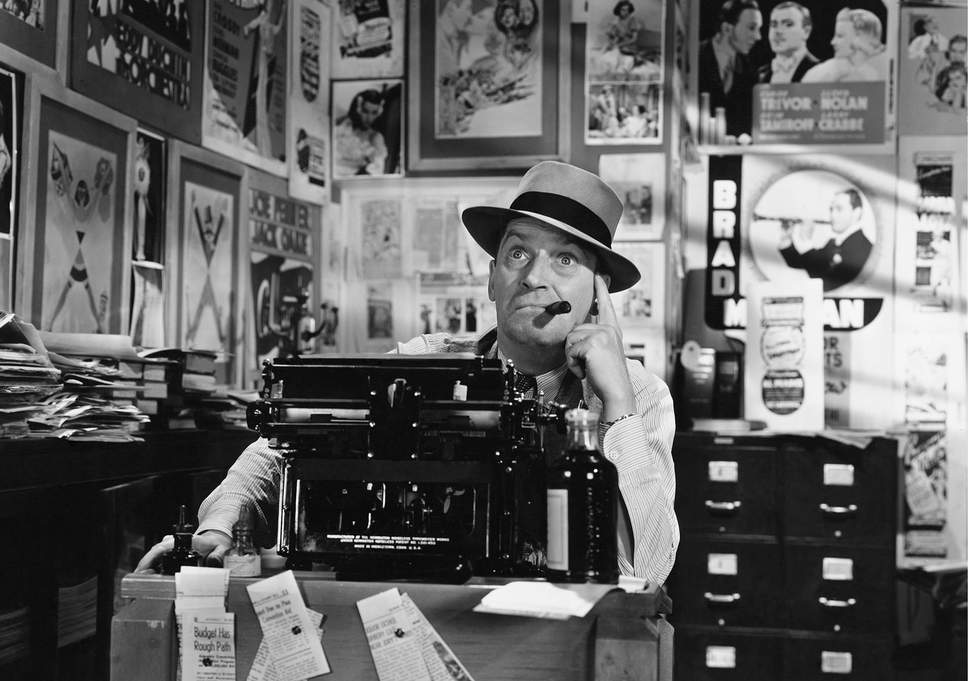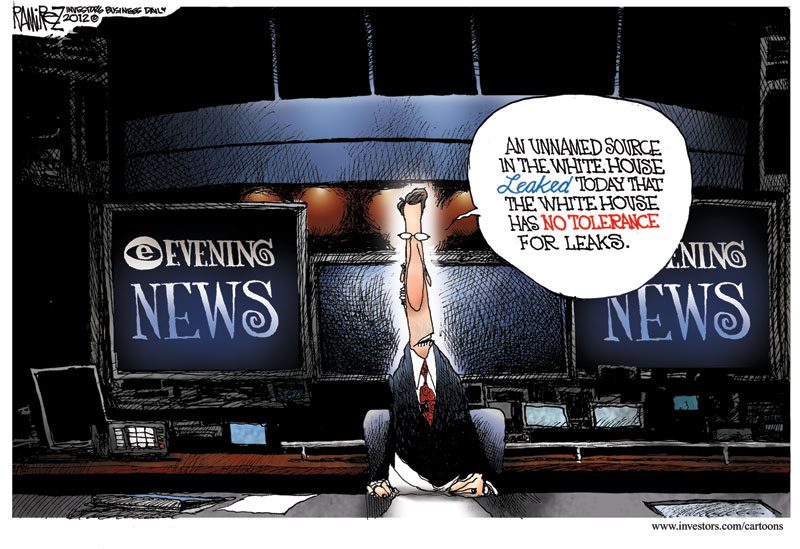I’ve been asking students in the Media & Society class to think about the future of newspapers/journalism/truth…in an age of smart phones and social media. As suspected, few read a newspaper and most get their news from their phones. That’s to be expected and there are many reasons why newspapers are fading into obscurity. But I’m constantly reminded that news reporting and journalism can not, and must not, die alongside newspapers. Here’s why…

Without journalists we wouldn’t know that celebrities and wealthy business executives were involved in a scam to get their kids into elite universities. Fake test scores, made-up athletic achievements, and even photoshopped pictures of these kids were used to bribe coaches and administrators, and in so doing deprive worthy students of their seat at the table.
Without journalists we wouldn’t know what happened when a group of kids from a Catholic high school were confronted by a group of Black Hebrew Israelites and Native American protesters on the steps of the Lincoln Memorial. We might have heard a rumor or one person’s interpretation of what happened, but we wouldn’t have found out how it really went down.
Without journalists we wouldn’t know that Michael Jackson and R. Kelly have dark pasts and that swirling allegations of child sexual abuse may finally be brought to light and justice may finally be served.
Without journalists we wouldn’t know about the opioid epidemic, the risk that black mothers face in childbirth, and the horrific rise of teen suicide among Native Americans.
Without journalists we would only know what people in power want us to know…and that is a recipe for…disaster/dictatorship/destruction.
But we’re in a strange place where we know that we need journalists and journalism, but we can’t figure out how to pay for it. We’ve been free-riding on the backs of legacy media systems that are failing…and the rising role of digital platforms like Google and Facebook has not held out much reason for hope. But one thing is certain…we need to figure it out soon, or we’re going to pay a much steeper price in the future. If you think gaining knowledge is expensive, wait until you see how much ignorance costs!

